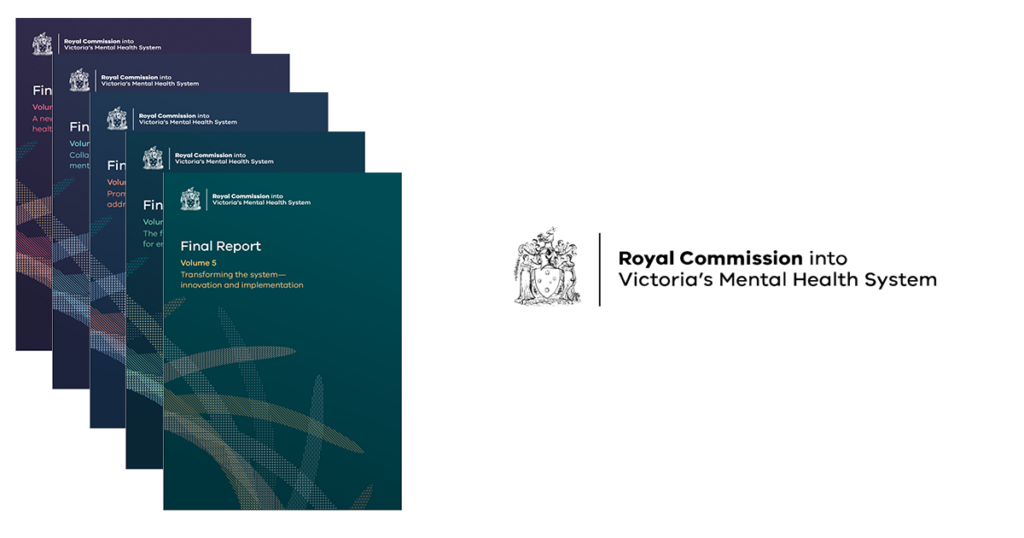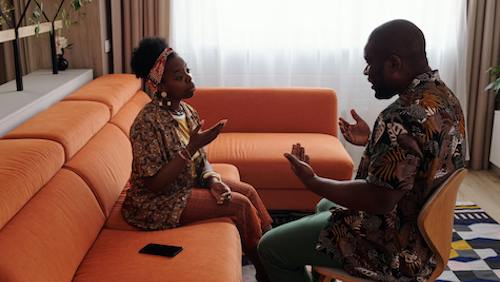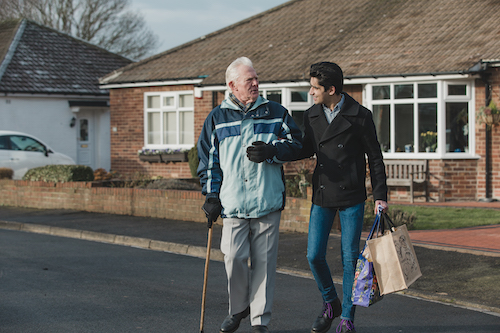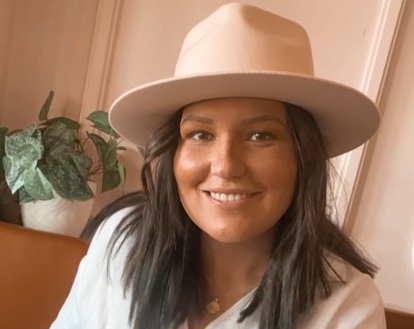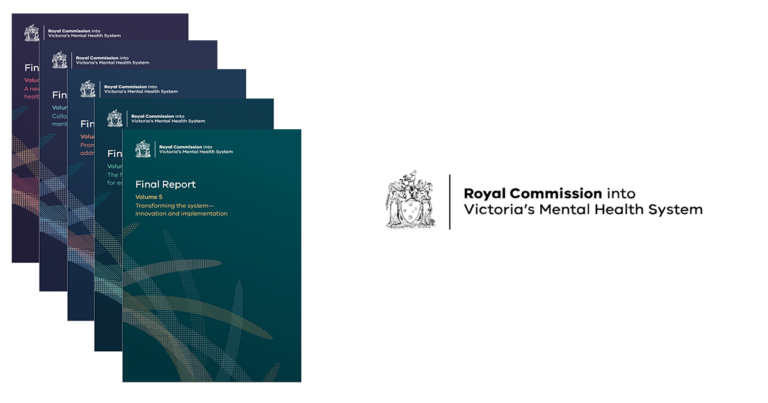A Royal Commission spotlight on Victoria’s mental health system has revealed a system focussed on crisis management, needing urgent repair and innovation.
Accompanying these findings are bold recommendations which is music to our ears – a reset favouring prevention and a whole community approach.
As an organisation delivering evidence-based practical strategies to build positive mental health, we know prevention works. We are passionate about helping people develop tools to better navigate tough times, knowing this can be a powerful step forward in improving mental health and wellbeing.
While this commission was specific to Victoria, the keen alignment between the Victorian and Federal Governments shows promise that the reforms could well be implemented nationwide. While the concerning prevalence of mental illness in Australia today shows there is much more to be done, this united approach gives us great cause for hope.
What the research says:
Research tells us that one in five adults will experience mental ill-health each year and 75% of these people will have their first experience of mental illness when they are under the age of 25 years.
Recent data from a headspace national survey found that one-in-three young people aged 12-25 years old reported high or very high levels of psychological distress— a rate that has more than tripled since 2007.
Mental health disorders carry the largest burden of disease for 15-24 year olds and shockingly, suicide is the most common cause of death for this age group.
One in four adolescents will experience mental health problems this year and nearly two thirds of them will not seek help. Alarmingly, one in seven primary school students are also likely to experience mental health problems this year.
These statistics are exactly why The Resilience Project is committed to teaching positive strategies to prevent mental illness. We are especially committed to delivering programs in primary and secondary schools, which are settings the Royal Commission reveals contain the highest unmet need.
The recommendations:
The report outlines 65 recommendations, and we are thrilled that the Victorian government has committed to adopting every one of them.
We are especially energised by the recommendations that align strongly with work we are already doing in settings we know have the potential to produce really positive outcomes for young people.
These recommendations include:
“Supporting good mental health and wellbeing in local communities”
Social connection and a sense of community is important to us and essential for everybody’s wellbeing. As Dr Brené Brown says, “We are neurobiologically hardwired for connection with other people. In the absence of connection, love, and belonging, there is always suffering.”
“Setting up mentally healthy workplaces”
Many of us spend more time at work than anywhere else, so it’s critical that workplaces are environments that cultivate and support positive mental health. We’ve worked with over 500 workplaces across Australia and know the difference a focus on wellbeing can have.
“Supporting social and emotional wellbeing in schools”
This recommendation strikes a chord. From the wellbeing programs we deliver in education settings, from early years centres to primary and secondary schools, early prevention has always been at the heart of what we do. Just like adults in workplaces, school curriculums and cultures have a big influence on young people and their mental wellbeing.
“Supporting infant, child and family mental health and wellbeing”
We’ve seen first-hand how a whole-family approach is vital to build resilience and wellbeing. Tools like our family journal and the free resources available at TRP@HOME help embed wellbeing practises into everyday family routines.
“Supporting the mental health and wellbeing of young people”
With youth and childhood mental health rates at such alarming levels, there’s still so much to be done to help kids be happier – at school, at home and with specialist care when it’s needed.
“Building a contemporary system through digital technology”
We are providing digital and blended programs helping more young people to access resources from wherever they are and at the time they need it most.
Just like prevention strategies designed to improve our physical health, such as eating well and making time for daily exercise, regular activities for the mind, such as practising gratitude or mindfulness, can have a powerful effect on our mental wellbeing.
While there are a number of brilliant organisations and resources currently available for people experiencing mental ill-health, we are looking forward to the roll out of these recommendations and there being even more focus on prevention.
